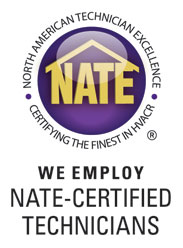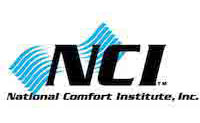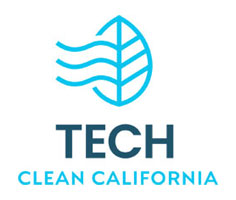Over the years the HVACR industry has witnessed major technological advancements. Therefore, it is important for upcoming service technicians to equip themselves with the necessary set of skills to remain relevant and competitive. In fact, so much has changed in the industry since technology came into the picture. For instance, thermostat wires have been phased out by data highways, forcing trained technicians from previous generations to seek help in order to work their way around modern equipment.
Due to all the major developments in the industry, HVAC instructors have also been forced to adapt to the situation to the extent of offering online lessons to students who cannot make it to class for one reason or another. However, the fundamentals and the basics of HVAC systems have not changed because the physics behind applied thermodynamics and other related disciplines remains the same. If a student understands and applies the basic fundamentals when faced with challenges in the field, he or she is bound to come up with a solution in the end. It does not matter how advanced or complex the issue is; applying the fundamental knowledge to new concepts and systems will always produce the desired end result.
Teaching resources have become a major determining factor with regard to the growth of the industry. With all the technological advancements that have emerged, it is becoming quite expensive for schools to facilitate the programs, and most are running on grants and donations. The trade schools are forced to improvise ways to train their students. Electronic simulation has been used in place of real equipment that is too expensive for the school to afford. It might not be the real thing, but it has proven to be just as effective.
Propagation of propriety controls is another emerging trend in this industry. Nowadays, many manufacturers are producing equipment that runs on very advanced technology that not just any technician can handle. Therefore, extensive training would be needed before a tech attempts to handle such equipment. However, with so many of these units in the market, it becomes almost impossible for one to receive training on all of them. Only dealers licensed by the manufacturers have the expertise to fix faulty units. To become an expert in the field, you would have to train with the manufacturers.
Technicians are now expected to be trained in order for them to address issues with the expected technological know-how. This way they will first understand the problem and can then devise the proper approach. With proper mentorship and a positive attitude, we are soon going to have sharp and gifted technicians to guide us in this technological era.













